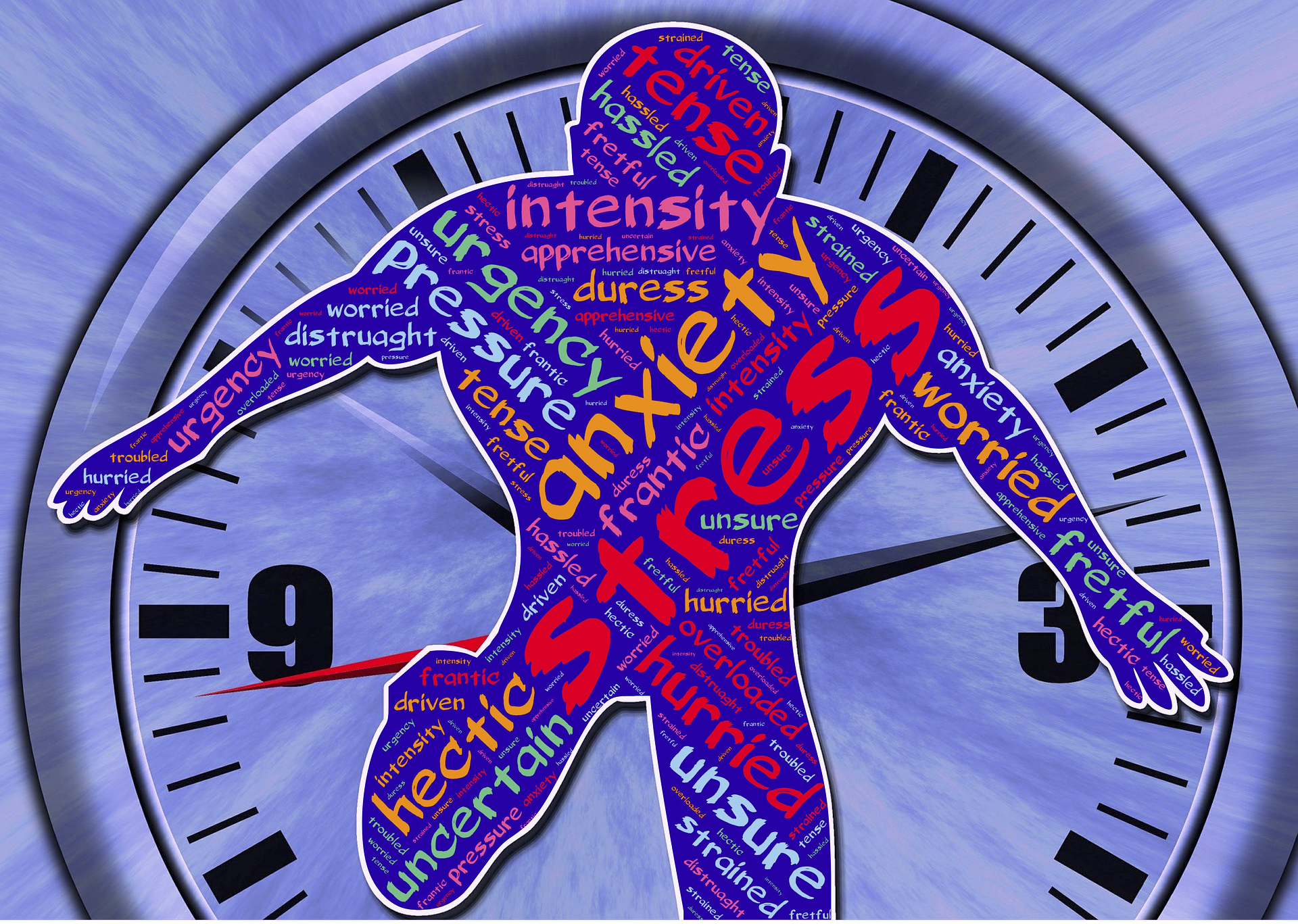Employee Mental Health- An Arising Crisis
 26 May, 2020
26 May, 2020
The outbreak of coronavirus has had an inevitable negative impact on the mental health of a number of individuals. Sudden changes in the lifestyle of people, including restricted social events, reduced social interaction, travel restrictions etc have majorly contributed towards the mental breakdown of many. Fear and anxiety about the disease has proved to be overwhelming, causing strong emotions in adults and children.
However, employees have emerged as one of the most mentally affected groups during the pandemic. Stress and anxiety amongst employees has intensified owing to factors like remote work, lay-offs and concerns of future employment.
While the adaption towards videoconferencing and other similar tools has enabled employees maintain engagement levels, remote working for a few may have resulted in extended working hours, thus creating a void in their work-life balance. Where many working parents are said to be struggling to create a balance between work and family duties, junior employees struggle to find guidance from their seniors and team members in the virtual world.
A survey conducted by CIPD reported a 37% increase in stress related absence. In another survey, HSE states that work-related stress, depression or anxiety accounts for 44% od work-related ill health and 54% of working days lost.
These figures make it extremely important for employers to focus on their employees’ mental wellbeing for mutual benefit. As more and more companies anticipate to shift towards remote working, managers need to divert their focus on improving the day to day climate for each worker. They will have to contribute towards setting their employees up for success.
Here are few things employers could do to support the mental wellbeing of their workforce.
- Have a caring and empathetic work culture. Managers should take extra steps interact with their team on a daily basis about things other than work. Host video calls to boost employee morale and remind them to take mental and physical breaks, exercise and participate in other activities to reduce anxiety and improve productivity.
- Communicate consistently about mental health resources available and that are covered in the employee’s benefits plan.
- Host virtual meditation and stress management sessions at least once a week. Bringing in a virtual therapist to discuss how mental health can be improved can prove to be helpful.
- Help employees set a routine to ensure they are not just working but are taking time to care for themselves.
- Facilitate virtual teambuilding activities on a regular basis. This will help promote positive interpersonal relationships in the workplace and also contribute to creating a supportive community environment.
- You can also distribute a survey in order to keep a check on the mental state of your employee and provide appropriate support.
- Choose employee health and well-being solutions strategically so that those solutions provide positive long term physical and mental health outcomes to support remote employees.
If employees find their productivity decreasing and low support from their employers, they will eventually look for other jobs when the economy improves. It is utmost vital that corporates focus on retaining their most valuable asset at this time.
You can also access few podcasts and interviews Empeal had with mental health experts.
Dealing with Stress and Anxiety in the times of COVID-19 https://anchor.fm/saurabh-kumar9/episodes/Podcast-with-Dr-Angana-De-Bhattacharya-ebmh63?utm_content=122482922&utm_medium=social&utm_source=linkedin&hss_channel=lcp-18579395
Being productive while working remotely https://anchor.fm/saurabh-kumar9/episodes/Podcast-with-Moira-Dunne-ebu203

How Healthy are You?
Get a picture of your current health status and habits by taking our short Health and Wellbeing Check!